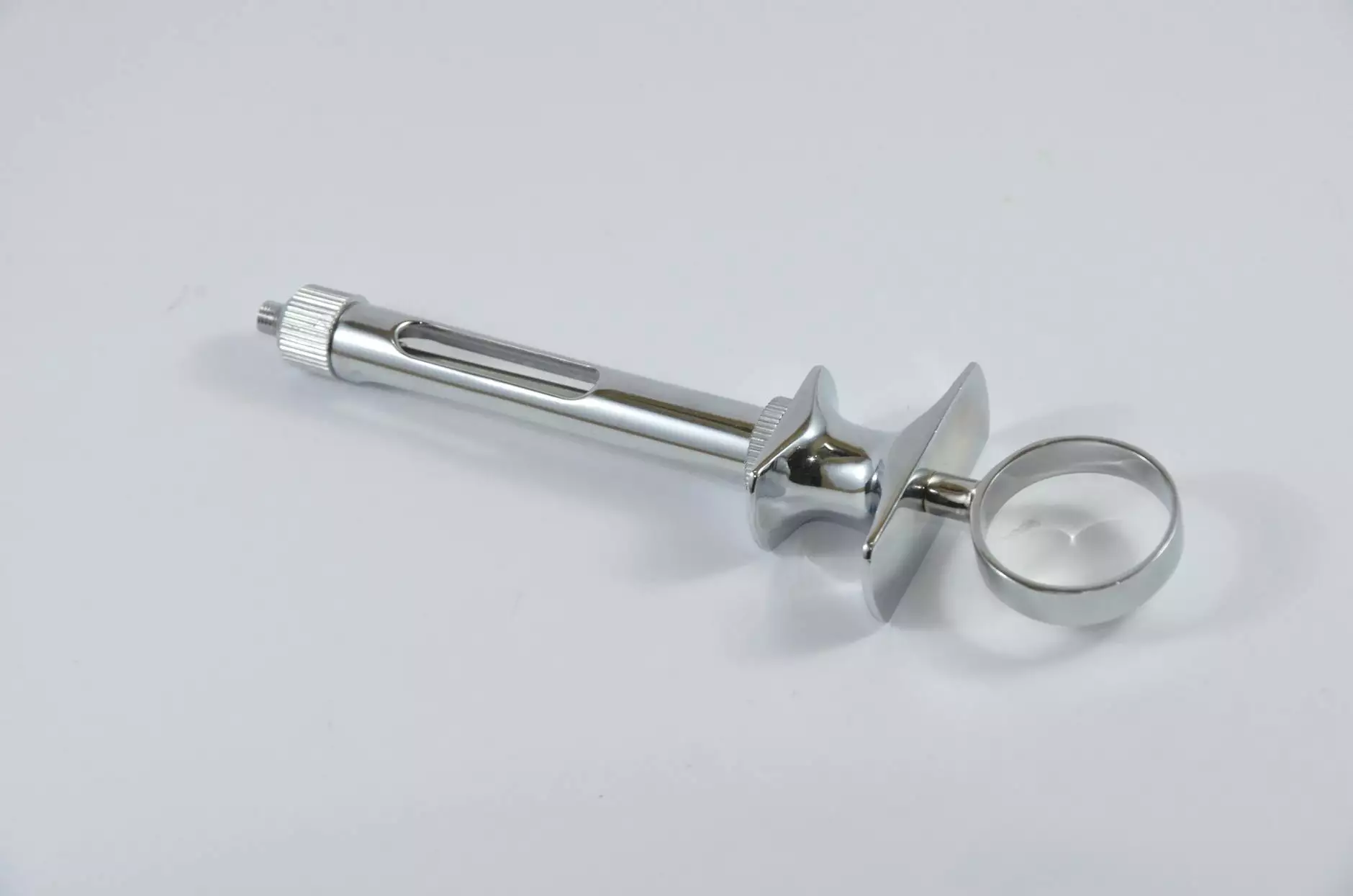What to Know About Medicare and Pacemaker Coverage
Blog
Welcome to Naab Road Surgical Center, your trusted source for comprehensive healthcare information. In this article, we provide detailed insights into Medicare coverage for pacemakers and help you understand how it works. If you or a loved one are considering a pacemaker and have questions about Medicare coverage, you've come to the right place. Read on to find out more!
Understanding Pacemakers
A pacemaker is a small electronic device that is implanted in the body to help regulate the heart's rhythm. It consists of a pulse generator and leads, which deliver electrical signals to the heart. Pacemakers are primarily used to treat heart rhythm disorders and ensure that the heart is beating at a normal rate.
Individuals who require a pacemaker often wonder about the financial aspects of this medical intervention. Specifically, they want to know if their Medicare insurance covers the costs associated with pacemaker implantation and ongoing care. Let's explore the coverage details below!
Medicare Coverage for Pacemakers
Medicare is a federally funded health insurance program primarily catering to individuals aged 65 and older. It may also cover younger individuals with certain disabilities or end-stage renal disease. While Medicare typically covers a wide range of medical services, including surgeries and medical devices, it's important to understand the specifics of pacemaker coverage.
Medicare Part B covers medically necessary outpatient services, including doctor's visits, preventive care, and durable medical equipment (DME). Pacemakers fall under the category of DME, which Medicare Part B may cover if specific criteria are met. Some of the factors that influence pacemaker coverage include medical necessity, type of pacemaker, and the patient's condition.
Criteria for Medicare Coverage
Medicare has specific conditions that must be met for pacemaker coverage. While these conditions may vary depending on individual circumstances, the general criteria for pacemaker coverage include:
- The pacemaker is medically necessary to treat a diagnosed condition.
- The patient's heart condition requires a pacemaker for proper functioning.
- The pacemaker is implanted by a Medicare-approved healthcare professional.
- The pacemaker is FDA-approved and recognized as safe and effective.
If your pacemaker meets these criteria, there's a high chance that Medicare will cover a portion of the costs involved. However, it's worth noting that Medicare coverage may not extend to all associated costs, such as pre-surgical assessments, post-surgery medications, or follow-up care. It's always recommended to review your specific coverage and consult with your healthcare provider for accurate information.
Medicare Advantage Plans and Pacemaker Coverage
Medicare Advantage Plans, also known as Medicare Part C, are offered by private insurance companies approved by Medicare. These plans provide an alternative to Original Medicare, offering additional benefits and sometimes more extensive coverage. If you have a Medicare Advantage Plan, it's essential to review the plan's specific coverage details for pacemakers.
While these plans must cover everything Original Medicare covers, they may have certain additional requirements or limitations. Some Medicare Advantage Plans may require pre-authorization or referral from a primary care physician for pacemaker coverage. It's crucial to understand these specifications to ensure smooth and comprehensive coverage.
Exploring Your Coverage Options
When considering a pacemaker, it's crucial to explore your Medicare coverage options thoroughly. Here are some steps to help you navigate the process:
- Review your Original Medicare coverage. Familiarize yourself with what is covered and what isn't under Medicare Part B.
- Contact your Medicare Advantage Plan provider if you are enrolled in one. Discuss the coverage details related to pacemakers and ask any questions you may have.
- Consult with your healthcare provider. They can assess your specific medical condition and guide you in understanding if a pacemaker is medically necessary for your situation.
- If the pacemaker is deemed necessary, your healthcare provider can provide you with guidance on finding Medicare-approved facilities and professionals who can perform the procedure.
- Keep track of all your medical expenses and retain copies of relevant documents for insurance purposes.
Conclusion
At Naab Road Surgical Center, we understand the importance of comprehensive healthcare information. We hope this article has provided you with valuable insights into Medicare coverage for pacemakers. Remember, while Medicare may cover medically necessary pacemakers, it's crucial to review your specific plan and consult with healthcare providers for accurate information.
If you have further questions or require assistance with your pacemaker coverage, please don't hesitate to reach out to us. Our expert team is dedicated to helping you navigate the complexities of Medicare coverage, ensuring you receive the best possible care. Trust Naab Road Surgical Center for all your healthcare needs!










